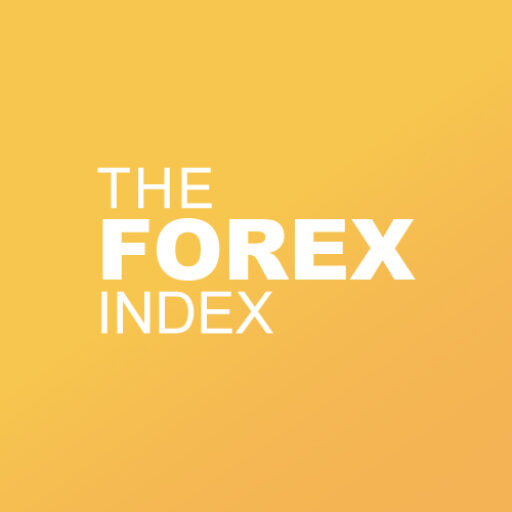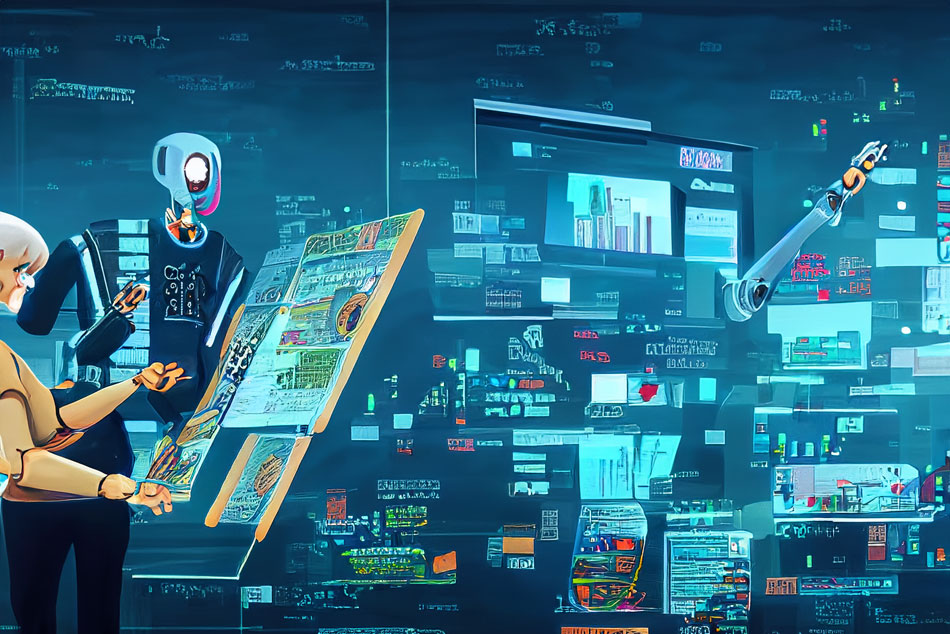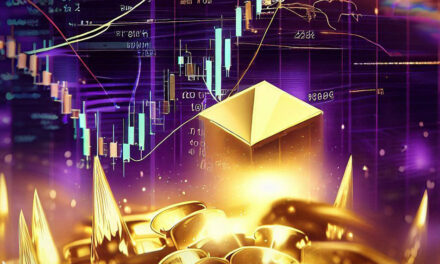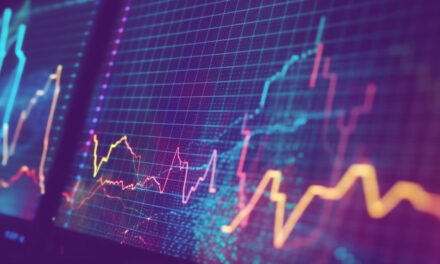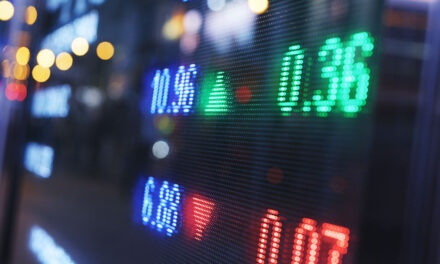The Forex market, also known as the foreign exchange market, holds tremendous potential for traders and investors alike. With its high liquidity and round-the-clock trading, it has become a playground for financial professionals looking to make their mark. However, as technology continues to evolve, a significant question arises: Can AI replace humans in the Forex market? In this in-depth analysis, we will delve into the intricacies of the Forex market and the role of humans in trading, explore the fascinating realm of artificial intelligence, compare AI’s strengths and limitations in Forex trading, examine case studies of AI implementation, and speculate on the future of AI in the Forex market.
Understanding the Forex Market
The Forex market, also known as the foreign exchange market, is a decentralized global market where currencies are traded. It is crucial to have a solid understanding of the basics of Forex trading before delving into the capabilities of AI and its potential to replace human traders.
Forex trading involves buying and selling currencies with the aim of profiting from the fluctuations in their values. With trillions of dollars being traded daily, it is the largest financial market worldwide.
When trading in the Forex market, trades occur in currency pairs. For example, the EUR/USD pair represents the exchange rate between the euro and the US dollar. Traders use various strategies, including technical and fundamental analysis, to predict future exchange rate movements and make profitable trades.
Role of Humans in Forex Trading
Despite advancements in technology, human involvement remains significant in Forex trading. Skilled traders leverage their expertise, experience, and intuition to navigate the complexities of the market.
Human traders possess the ability to analyze complex economic and geopolitical factors that impact currency values. By understanding these factors, they can make informed decisions and identify potential market trends.
Emotional intelligence plays a vital role in Forex trading. Human traders can effectively manage their emotions, allowing them to make rational decisions even during times of market turbulence. This ability to remain calm and composed is crucial in navigating the fast-paced and unpredictable nature of the Forex market.
Furthermore, human traders possess adaptability and creativity. They can adjust their strategies based on evolving market conditions, allowing them to stay ahead of the game. This adaptability is particularly important as the Forex market is influenced by a wide range of factors, including economic indicators, political events, and market sentiment.
In conclusion, while advancements in technology have brought about the rise of AI in various fields, human traders continue to play a crucial role in Forex trading. Their expertise, experience, emotional intelligence, adaptability, and creativity contribute to their ability to make informed decisions and navigate the complexities of the Forex market.
Introduction to Artificial Intelligence
Understanding AI and Its Capabilities
Artificial intelligence refers to the ability of machines to mimic human intelligence and perform tasks that typically require human intervention. AI systems are designed to process vast amounts of data, identify patterns, and make decisions based on the available information.
In the realm of Forex trading, AI can analyze historical data, recognize patterns, and generate trading signals autonomously. Its computational power allows it to process data rapidly, providing traders with real-time market insights and enhancing the efficiency of their decision-making process.
AI in Financial Markets: A Brief Overview
The utilization of AI in financial markets is not a novel concept. In recent years, AI-powered algorithms have revolutionized the trading landscape. These algorithms, known as trading bots or robo-advisors, have gained popularity due to their ability to execute trades efficiently and profitably.
These bots use machine learning techniques to adapt and improve their performance over time. They can identify profitable trading opportunities, manage risk, and execute trades without human intervention. As a result, AI has the potential to streamline trading operations and enhance profitability in the Forex market.
AI vs Humans in Forex Trading
Strengths of AI in Forex Trading
AI possesses several strengths that make it an attractive alternative to human traders. Firstly, AI-powered systems can process vast amounts of data with exceptional speed and accuracy, enabling them to identify patterns and trends that may elude human traders.
Secondly, AI algorithms can operate continuously, analyzing market data 24/7 without the need for breaks or rest. This round-the-clock monitoring allows AI to react swiftly to market changes and execute trades at optimal times, potentially maximizing profitability.
Moreover, AI lacks the emotional biases that can hinder human decision-making. Unlike humans, AI systems do not experience fear, greed, or panic, which are common emotions that can cloud judgment and lead to irrational trading decisions.
Limitations of AI in Forex Trading
While AI offers numerous advantages, it also faces certain limitations in the context of Forex trading. Despite AI’s ability to analyze historical data, it may struggle to navigate unforeseen market events or adapt to rapidly changing market conditions.
Furthermore, AI systems rely on the data inputs provided to them. If the data is incomplete or biased, the AI’s decision-making process may be flawed. This highlights the importance of data accuracy and diversity in training AI models to ensure reliable and unbiased predictions.
Lastly, AI systems lack the human touch and intuition that experienced human traders possess. Humans can incorporate qualitative information, such as news and market sentiment, into their decision-making process, which may prove challenging for AI systems to replicate.
Case Studies of AI in Forex Trading
Successful Implementations of AI in Forex
In recent years, numerous successful implementations of AI in Forex trading have emerged. One notable example is the use of AI-powered trading bots by institutional investors. These bots can handle vast amounts of data, enabling institutions to execute trades efficiently and capitalize on market opportunities.
Another case study is the application of AI in algorithmic trading. These systems can detect and exploit market inefficiencies quickly, generating substantial profits for traders and investment firms. The success of these AI-powered strategies has attracted attention and investment from both institutional and retail traders.
Lessons from AI Failures in Forex Trading
While success stories exist, there have also been failures in the implementation of AI in Forex trading. One crucial lesson learned is the importance of rigorous testing and validation of AI algorithms before deployment. Failures often occur when algorithms are trained on incomplete or biased data, resulting in inaccurate predictions and poor trading performance.
Another lesson is the need for robust risk management strategies. AI-powered systems may execute a large number of trades within short timeframes, increasing the potential for significant losses if risk management protocols are not in place. It is crucial to strike a balance between profitability and risk mitigation when utilizing AI in Forex trading.
The Future of AI in Forex Trading
Predictions and Possibilities
As technology advances, the future of AI in Forex trading appears promising. It is expected that AI will continue to evolve and become more sophisticated, improving its ability to analyze market data and make accurate predictions.
Furthermore, AI-powered systems may become more accessible to retail traders, leveling the playing field and enabling individuals to benefit from AI-driven insights and strategies. This democratization of AI in Forex trading has the potential to revolutionize the way individuals participate in the financial markets.
Preparing for an AI-Dominated Forex Market
As AI gains traction in the Forex market, it is crucial for traders and investors to adapt and evolve alongside it. Embracing AI technologies and seeking opportunities to combine human expertise with AI-powered insights can enhance trading strategies and decision-making processes.
Moreover, traders should focus on developing skills that differentiate them from AI systems, such as emotional intelligence, adaptability, and the ability to incorporate qualitative information into their analysis. By leveraging these unique human attributes, traders can position themselves for success in an AI-dominated Forex market.
In conclusion, while the potential for AI to replace humans in the Forex market exists, it is unlikely to be a complete replacement. Human traders bring a unique set of skills and qualities to the table that complement the capabilities of AI systems. Instead of pitting humans against AI, the future of Forex trading lies in harnessing the power of AI to augment and enhance human decision-making. By striking a balance between human intuition and AI-driven insights, traders can navigate the ever-evolving Forex market with confidence and adaptability.
